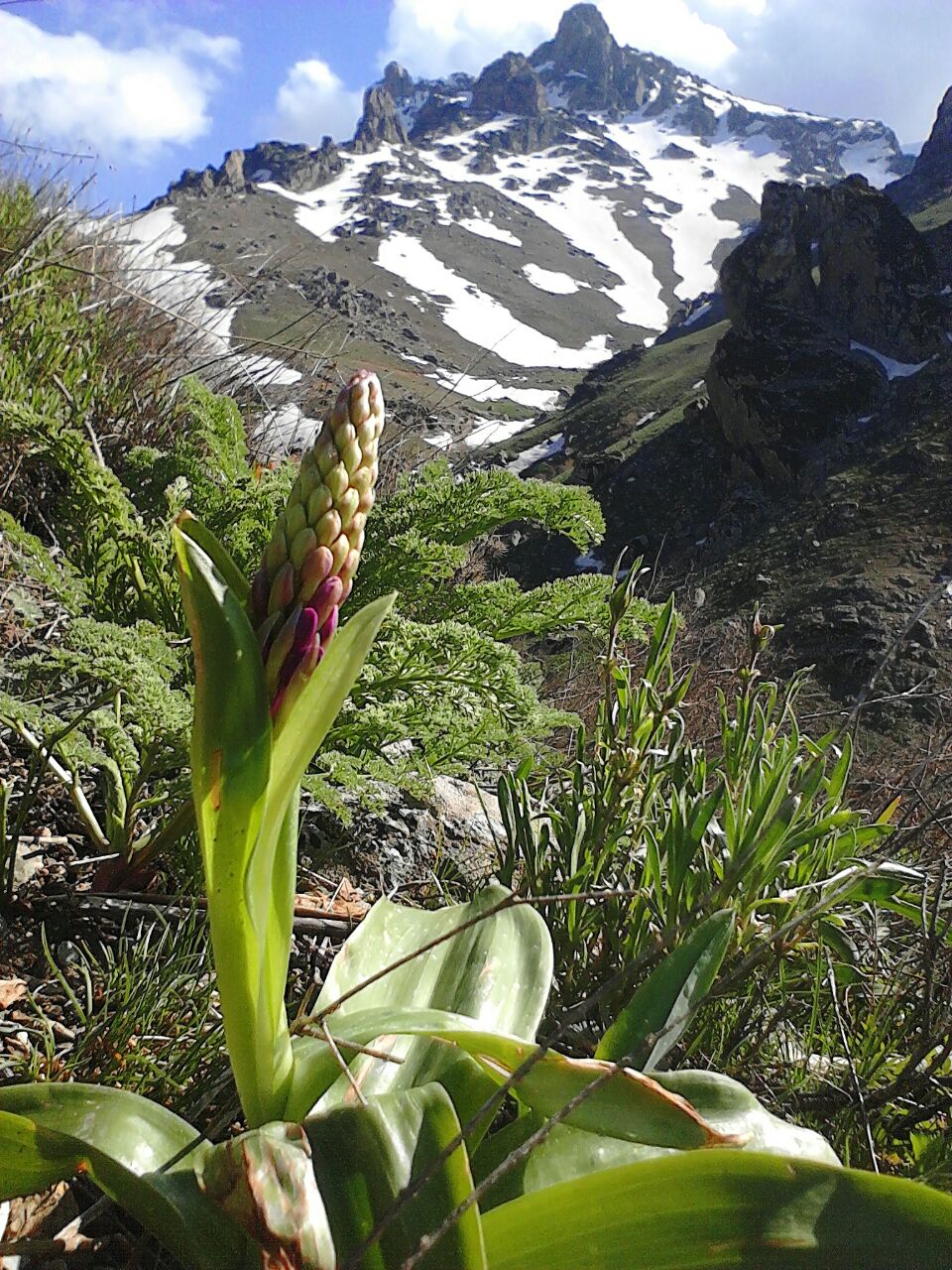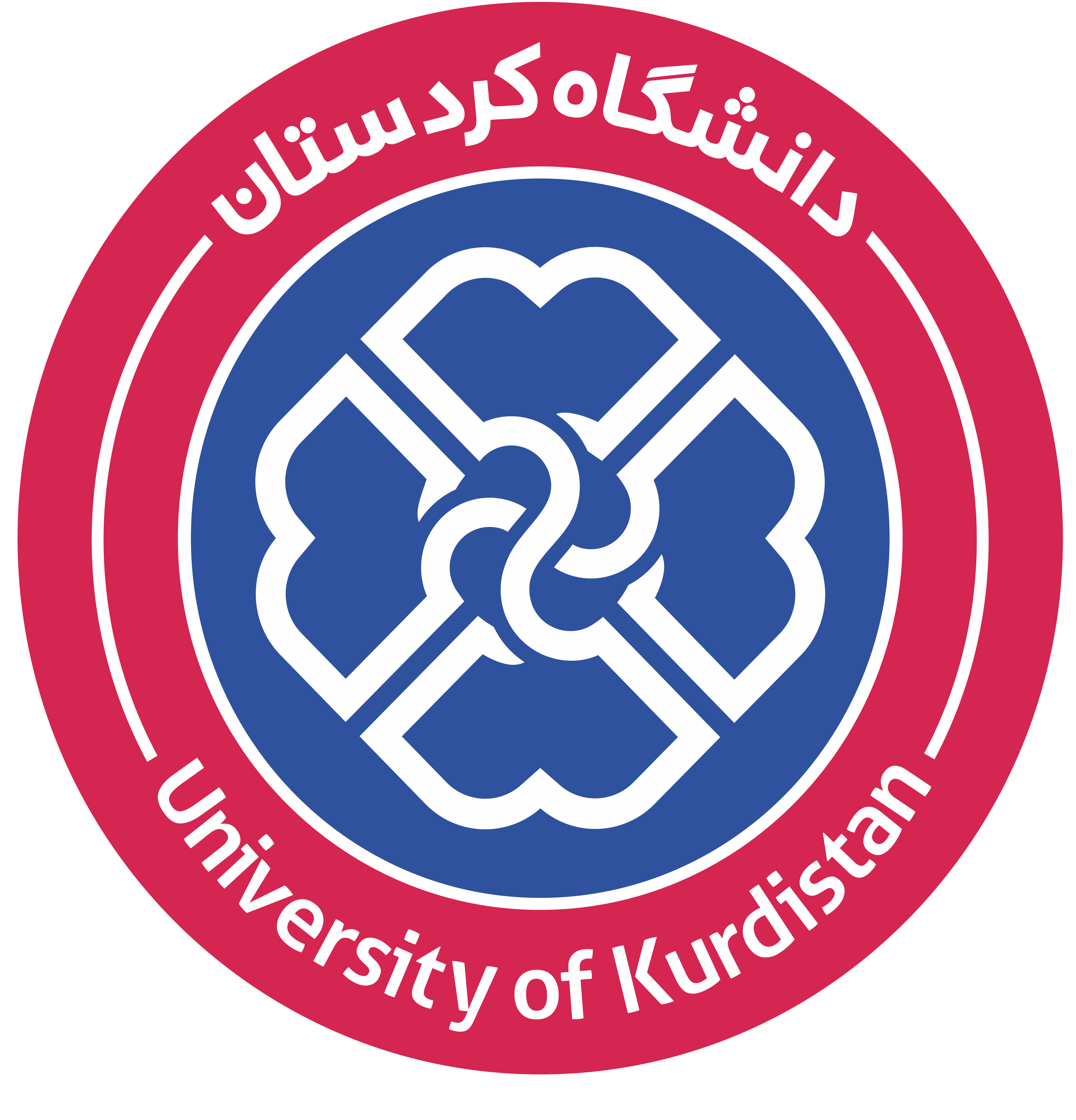
| Supervisor | Applications
|
Key Equipment
|
|---|---|---|
| Mehdi Naseri | Related Specializations: Fruit Trees (Master's), Production and Post-Harvest Physiology of Horticultural Plants (Ph.D.), Breeding and Biotechnology of Horticultural Plants (Ph.D.). Description: This laboratory is the primary center for research in the physiology and breeding of horticultural plants. Students and researchers in this laboratory work on topics such as the physiology of fruit growth and development, responses to environmental stresses (drought, salinity, cold), and the genetic improvement of horticultural plants to enhance quality and resistance traits.
|
|
Supervisor
|
Applications
|
Key Equipment
|
|---|---|---|
Mehdi Naseri
|
Related Specializations: Fruit Trees (Master's), Vegetables (Master's), Greenhouse Production (Master's).
Description: This laboratory is utilized for research in the production of horticultural crops, particularly vegetables and greenhouse products. The focus of this laboratory is on optimizing cultivation conditions and evaluating product quality.
|
|
| Supervisor | Applications
|
Key Equipment
|
|---|---|---|
Mehdi Naseri
|
Related Specializations: Medicinal Plants (Master's).
Description: This laboratory is designed to support research related to the physiology, breeding, and production of medicinal plants. Given the rich diversity of medicinal plants in Kurdistan, this laboratory plays a crucial role in the identification and sustainable production of these plants.
|
|
| Supervisor | Applications
|
Key Equipment
|
|---|---|---|
Mehdi Naseri
|
Related Specializations: Production and Post-Harvest Physiology of Horticultural Plants (Ph.D.), Fruit Trees (Master's), Vegetables (Master's), Greenhouse Production (Master's).
Description: This laboratory is designed for research in postharvest physiology and storage technologies for horticultural products. Its focus is on reducing waste, improving quality, and extending the shelf-life of horticultural commodities such as fruits, vegetables, and cut flowers.
|
|



























